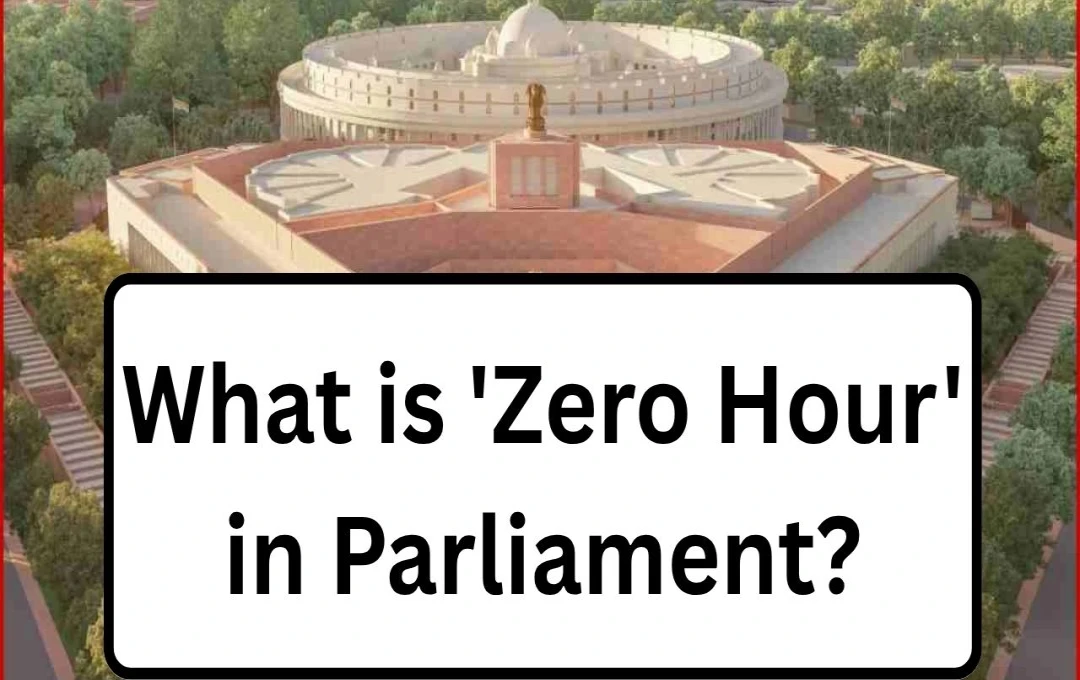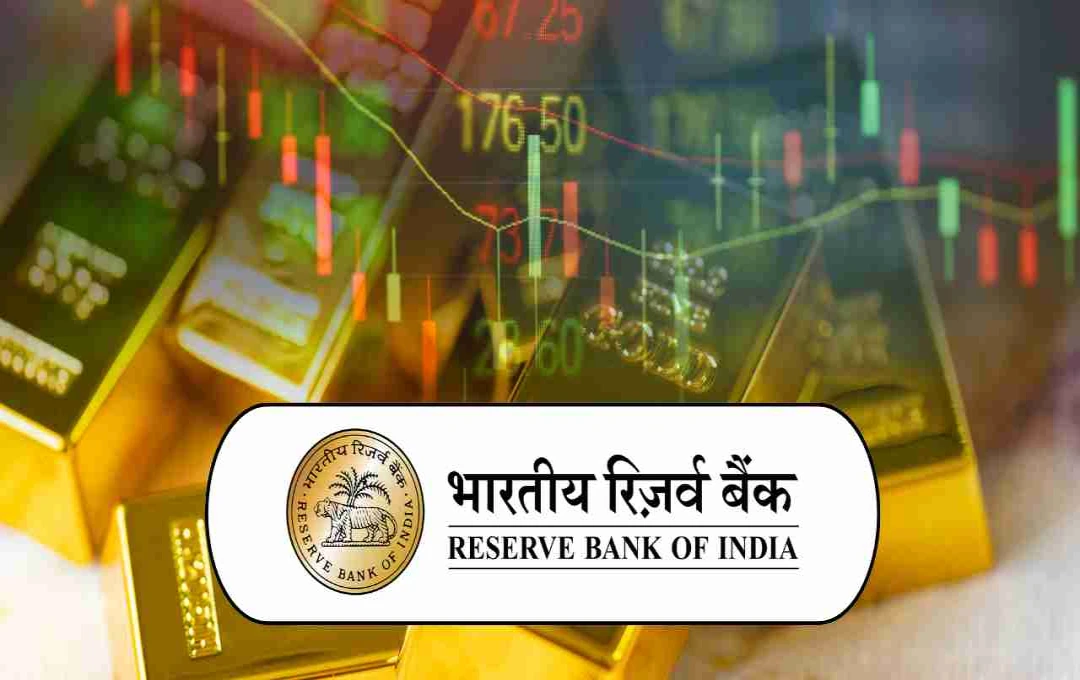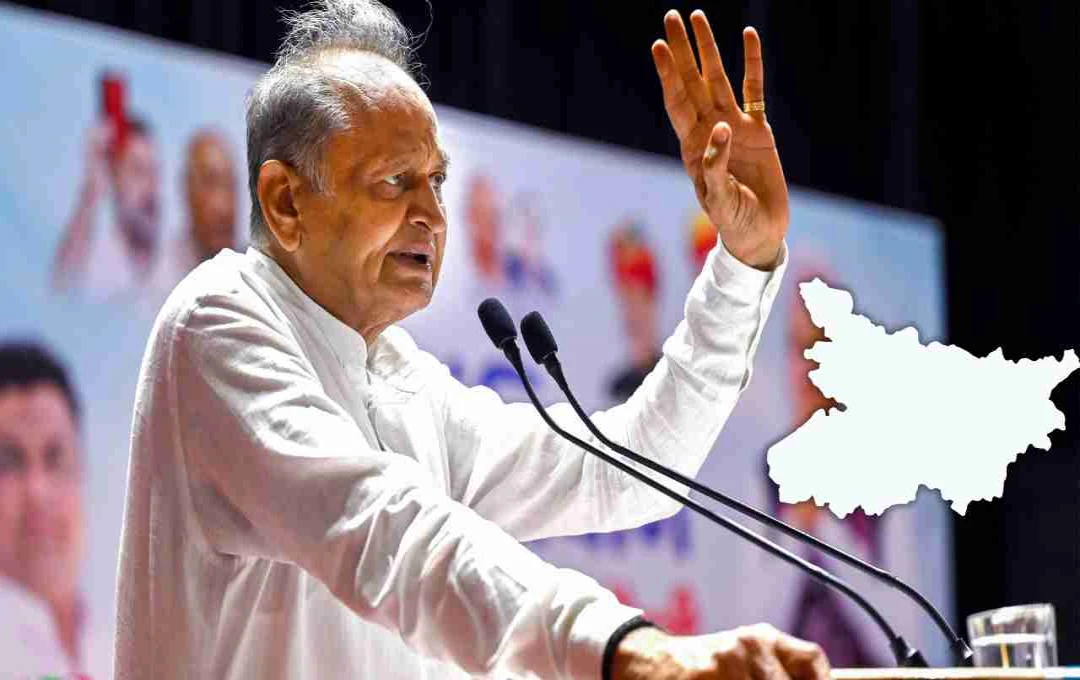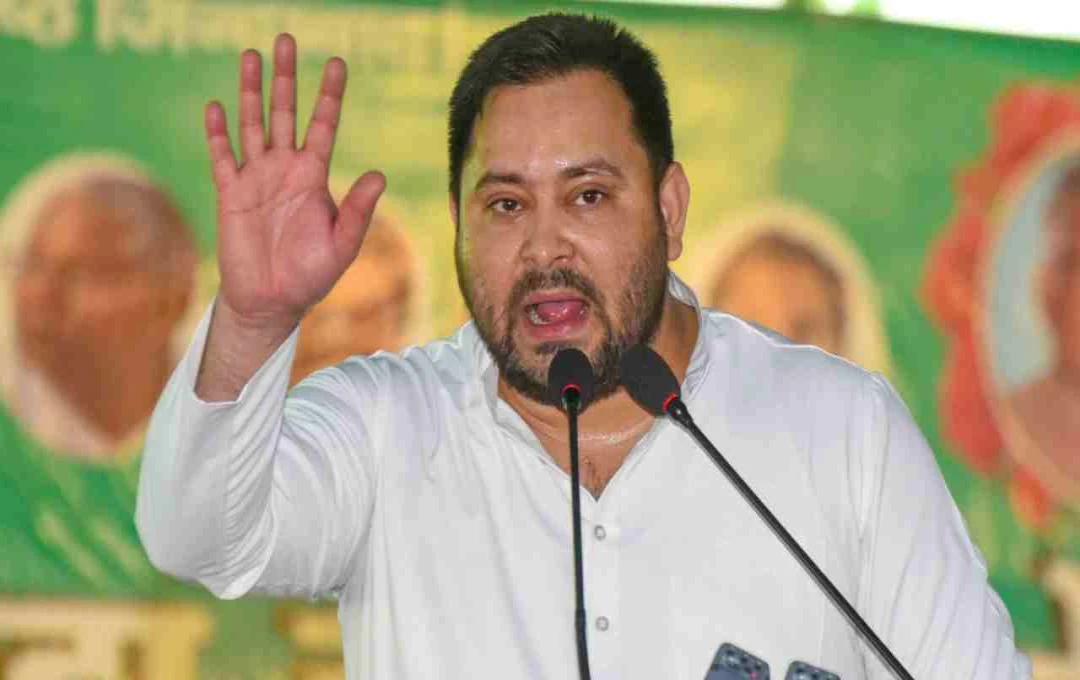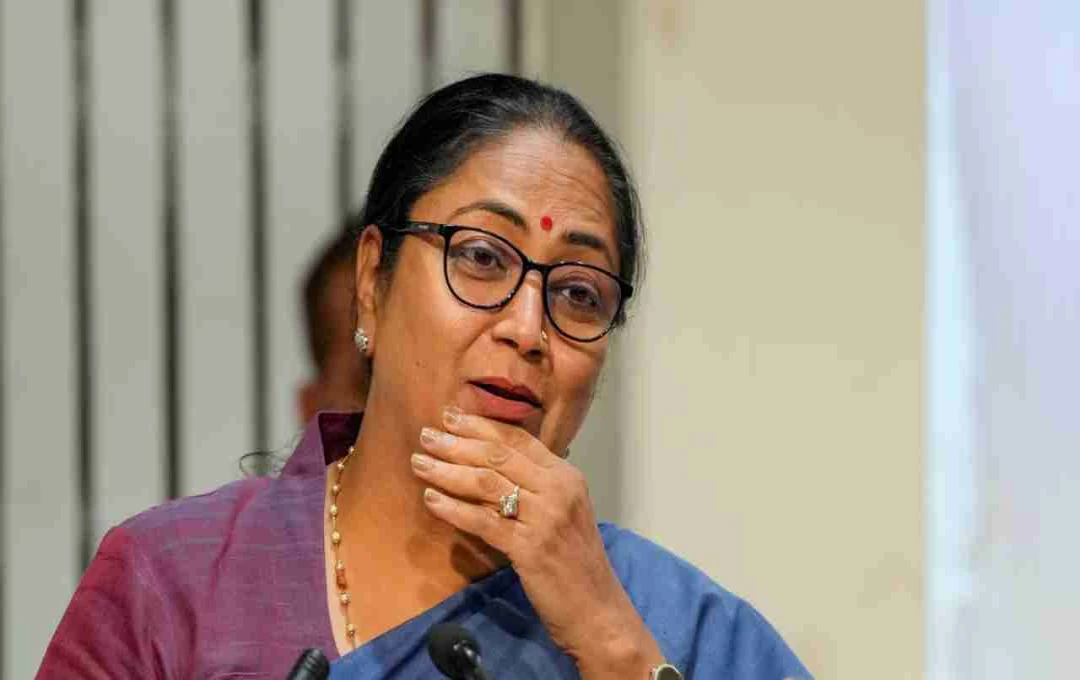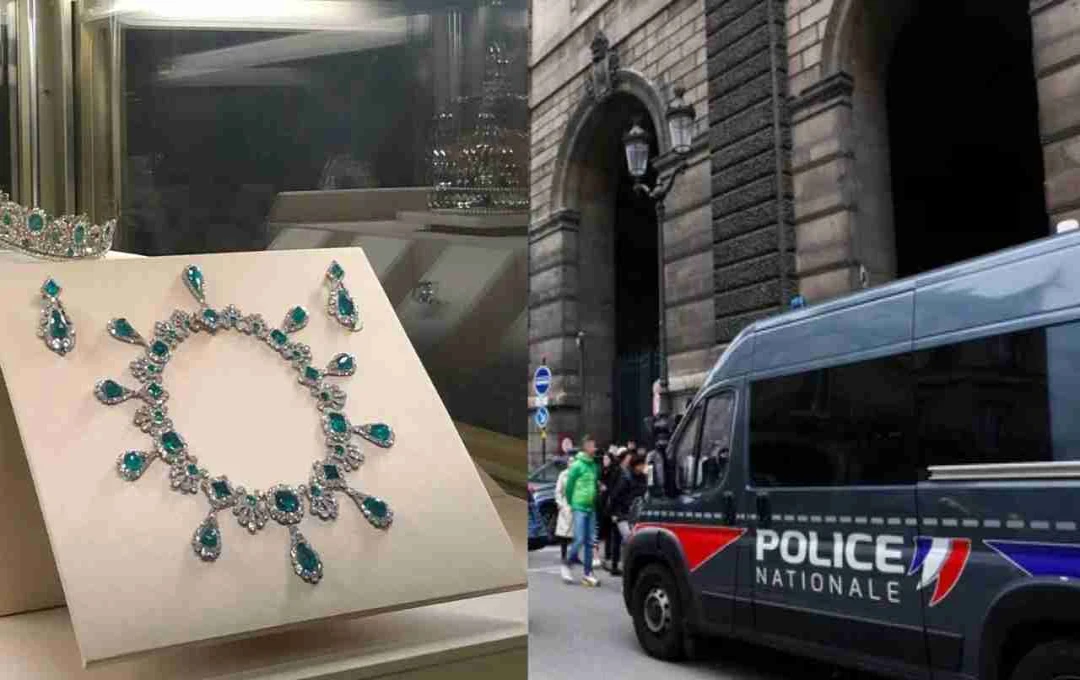In the Indian Parliament, the 'Zero Hour' is considered a highly significant part. This is the time when Members of Parliament (MPs) get the opportunity to raise any urgent and important issues related to public interest without prior notice.
Zero Hour: 'Zero Hour' plays a crucial role in the proceedings of the Indian Parliament. This is the time when MPs raise critical, sensitive, and immediate issues related to the country and the public on the floor of the House. Although this practice is not recorded in the Indian Constitution or the Rules of Procedure, it has been a tradition since 1962.
It is equally applicable in both the Lok Sabha and the Rajya Sabha. Whether it is the Monsoon Session or the Winter Session of the Parliament in India, 'Zero Hour' always becomes a topic of discussion because it is often the starting point for cornering the government.
Why is it called 'Zero Hour'?
The 'Zero Hour' is so named because it immediately follows the Question Hour and precedes other official business of the Parliament. In the Lok Sabha, it begins at 12 noon, hence it is called 'Zero Hour'. In the Rajya Sabha, changes were made after 2014, and now the Zero Hour in the Rajya Sabha starts at 11 am.
In the dictionary, 'Zero Hour' means - 'a crucial time' or 'an extremely important moment'. It holds the same importance in the Parliament, as MPs draw the government's attention to urgent issues at that time.
When and how did the Zero Hour begin?
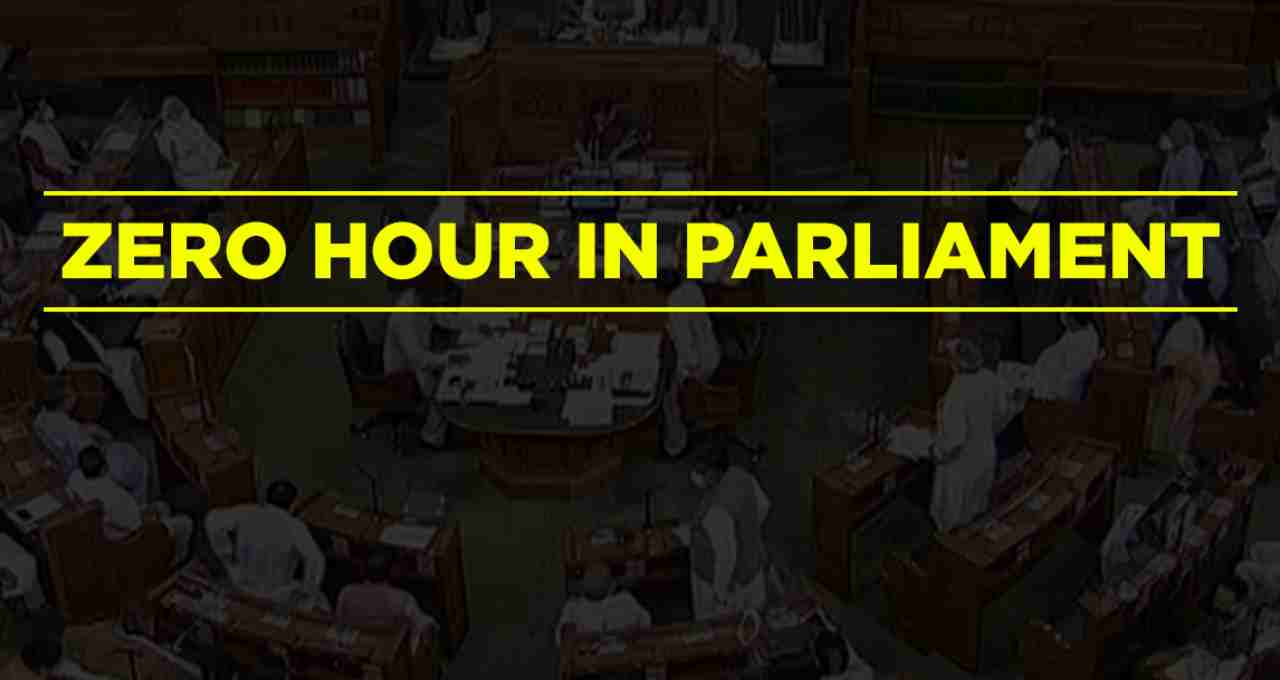
In 1962, during the Indo-China war, when the Winter Session of Parliament started early, the Question Hour was suspended. At that time, MPs began to raise issues requiring immediate attention without prior notice. This is how the tradition began. The Speaker of the Ninth Lok Sabha, Rabi Ray, gave it a more organized form.
He decided that MPs would have to give notice by 10 am on the same day to raise an issue in Zero Hour, and the Speaker or Chairman would decide which issues would be taken up.
When and how does the Zero Hour take place?
Time in Lok Sabha
- 11:00 am to 12:00 pm: Question Hour
- 12:00 pm to 12:30 pm: Zero Hour
Time in Rajya Sabha (since 2014)
- 11:00 am onwards: Zero Hour
- 12:00 pm onwards: Question Hour
Zero Hour Process
- Giving Notice: MPs have to give a written notice to the Speaker (Lok Sabha) or the Chairman (Rajya Sabha) by 10 am on the same day. The issue must be clearly stated in it.
- Selection of Issues: The Speaker or Chairman decides which issues will be raised during Zero Hour.
- A maximum of 20 MPs get a chance in the Lok Sabha.
- Priority is given to issues of public interest, emergency, or sensitive matters.
- Time Limit: Each MP gets 2-3 minutes. Sometimes the Speaker or Chairman can extend it.
- Government Accountability: Ministers can respond if they wish, but it is not mandatory to respond, as it is in the Question Hour.
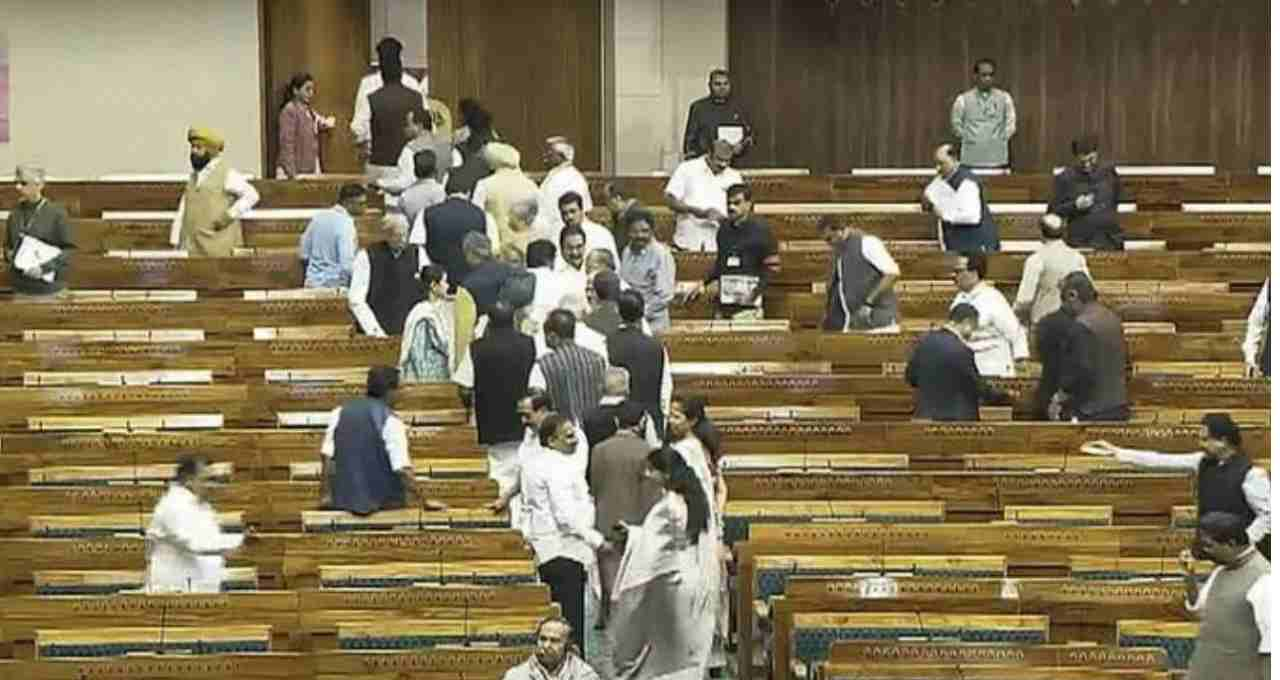
Importance of Zero Hour
- Immediate hearing of public issues: MPs can raise serious issues related to the public without a lengthy process.
- Pressure on the government: Since these issues are raised immediately, the government has to listen seriously and sometimes respond immediately.
- Strengthening democracy: Raising public issues directly in Parliament reflects the strength of democracy.
- Platform for immediate discussion: After Question Hour, Zero Hour is the only forum where national and international issues can be raised without delay.
Challenges of Zero Hour
- Informal arrangement: It is not included in the rules of Parliament, so it is sometimes misused.
- Limited time: It is difficult for all MPs to get a chance in just 30 minutes. This sometimes leads to dissatisfaction.
- Disruption in Parliament: Sometimes, emotionally or politically sensitive issues make the atmosphere of Parliament tense and disrupt proceedings.
'Zero Hour' is an important part of Indian democracy. It provides a platform for MPs to immediately convey the voice of the public to the government. Although it is informal, its political and administrative importance is very high. It increases the pressure of accountability on the government and strengthens the democratic system.
